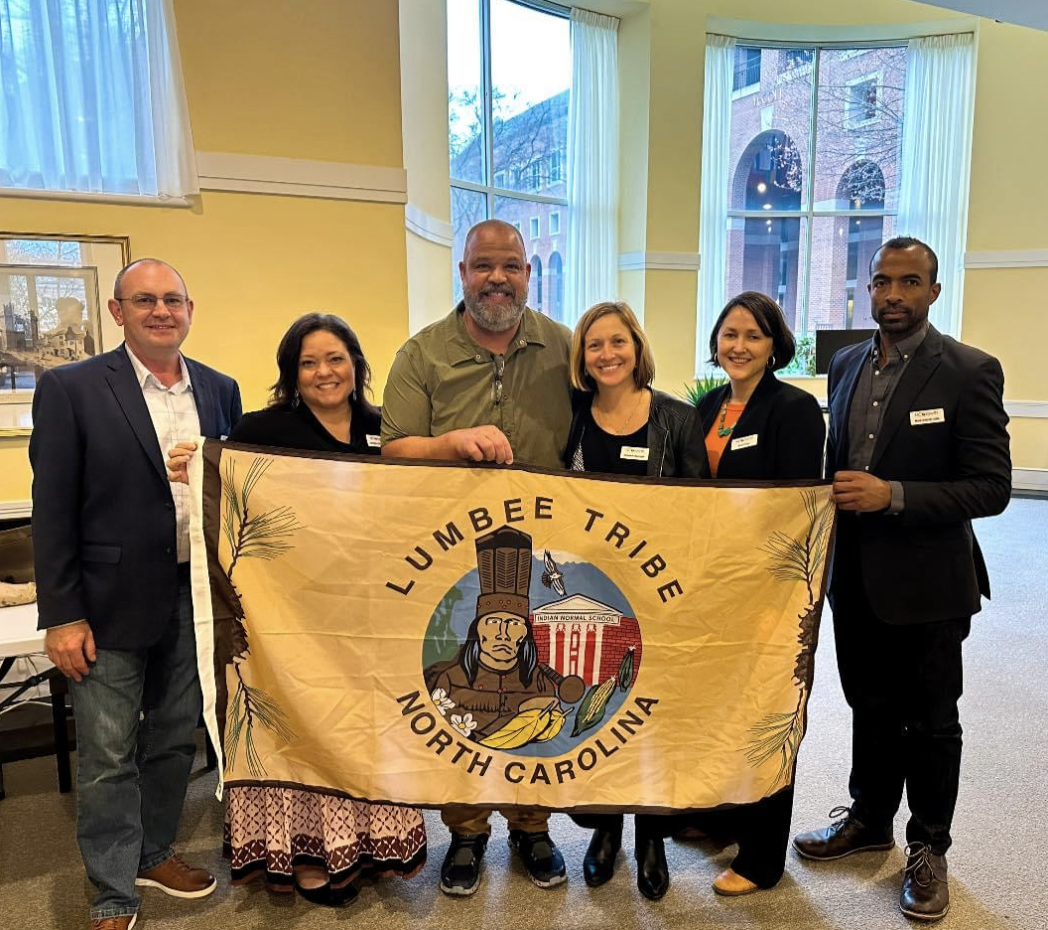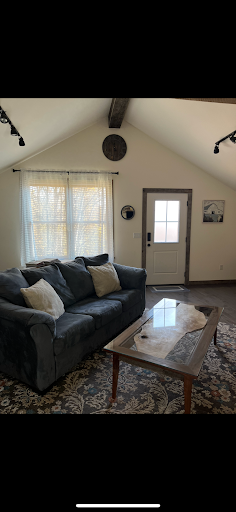By Kathryn Gambill – [email protected] – Contributor
If you go to the UNC Asheville website, chances are, you will see a picture of a student of color.
For some, this might be misleading. It gives the impression that UNCA is racially diverse, when the reality is somewhat different.
In a student population of 3,704, only 13 percent, or 481 students, identify as a minority. Only 3.2 percent, or 119 students, are black, according to the Fall Enrollment Report.
Preston Keith, the assistant director of the Intercultural Center and Multicultural Student Programs, said public institutions tend to showcase diverse students, even if it means highlighting the same students multiple times.
“It’s good to show prospective students that we have diversity,” Keith said, “but it’s also not really reflective of the experiences of students here sometimes. That often sends a false message to people, and that’s probably why our retention rates aren’t the way I would like them to be for students of color.”
He said the university’s portrayal of its minority students gives a false impression of how many diverse students attend, when the numbers are actually quite low.
Celeste Bowser, a freshman biracial student from Charlotte, said she experienced culture shock when first coming to the university.
She said her overall experience was not necessarily negative, but moving to a city that is not as racially diverse as Charlotte was an unusual situation for her.
“It’s interesting,” Bowser said. “I don’t feel like this campus has a blatant racist problem. I feel like, if anything, people talk about micro-aggressions. People might say things they don’t mean to say offensively, it might just be ignorance of some sort, which everybody has something they can learn about.”
Bowser feels like UNCA featuring diverse students on its website is a tactic to raise the low percentages of minority populations. When she received emails from the institution and toured the campus as a prospective student, she said it made her feel like it was a racially diverse school.
History major Bowser said the school is putting an effort toward welcoming diverse students. She is torn about the school’s method to increase its ethnic populations, because it draws people in, but misleads them while doing so.
Assistant Director Keith said in order to get more minority students to enroll, it is important for UNCA to market itself honestly. This means being open about the lack of diversity, but working to change it, especially in a city that seems content being homogenous.
“We don’t want to be just a mirror image of what our community is as a whole,” Keith said, pushing his glasses to the bridge of his nose. “I think we want Asheville to mirror what we are doing, right?”
In order to get people to recognize UNC Asheville as a welcoming place for diverse populations, Keith said it is important for people to know it is a community that will support minorities.
Bowser said the city of Asheville can be progressive, so she thinks that minority students do not receive much judgment from the city itself, but experiences differ from person to person.
Alex Bryant, a freshman engineering major from Raleigh, said UNCA should advertise itself in a way that informs people that it is a predominantly white institution.
Bryant said UNCA is diverse when it comes to religion and sexuality, but that it should not try to mask its lack of racial diversity.
Keith said the university’s tactic can make minority students feel like they are not valued as people from diverse backgrounds.
“I think there is this sort of invisibility that exists for people from minority populations here,” Keith said, “in the sense that people aren’t seen and people aren’t recognized in the same respect. And so it seems like they’re not valued often times.”
He said both the city of Asheville and UNCA have a reputation based on the experiences of diverse populations within the area. If those experiences are negative, it reflects upon the city. Because of this, Keith believes diverse populations need to be supported on campus, to encourage further diversity and acknowledge its value for Asheville in general.
“This campus is pretty diverse, you have a lot of different opinions and lifestyles,” Bowser said, “but racially or ethnically, we’re not really that diverse.”
Latest Stories
- Tribal political activities surge due to Lumbee tribes request for federal recognition
- Learn a Language!
- Questions On the Quad Episode 11
- What Do Blue Banner Staff Listen To?
- Asheville residents at odds over U.S. financial assistance to Ukraine
- The UNC Asheville Saber Club’s duels remain, moved to AC Reynolds Green
- UNCA League of Legends takes first in stunning finals match against HPU
- From passion to professional play: How a UNCA League of Legends MVP hit their stride
- Old UNCA sorority still has its footprints on campus
- Mass communication students visit Charlotte to watch Hornets game



















